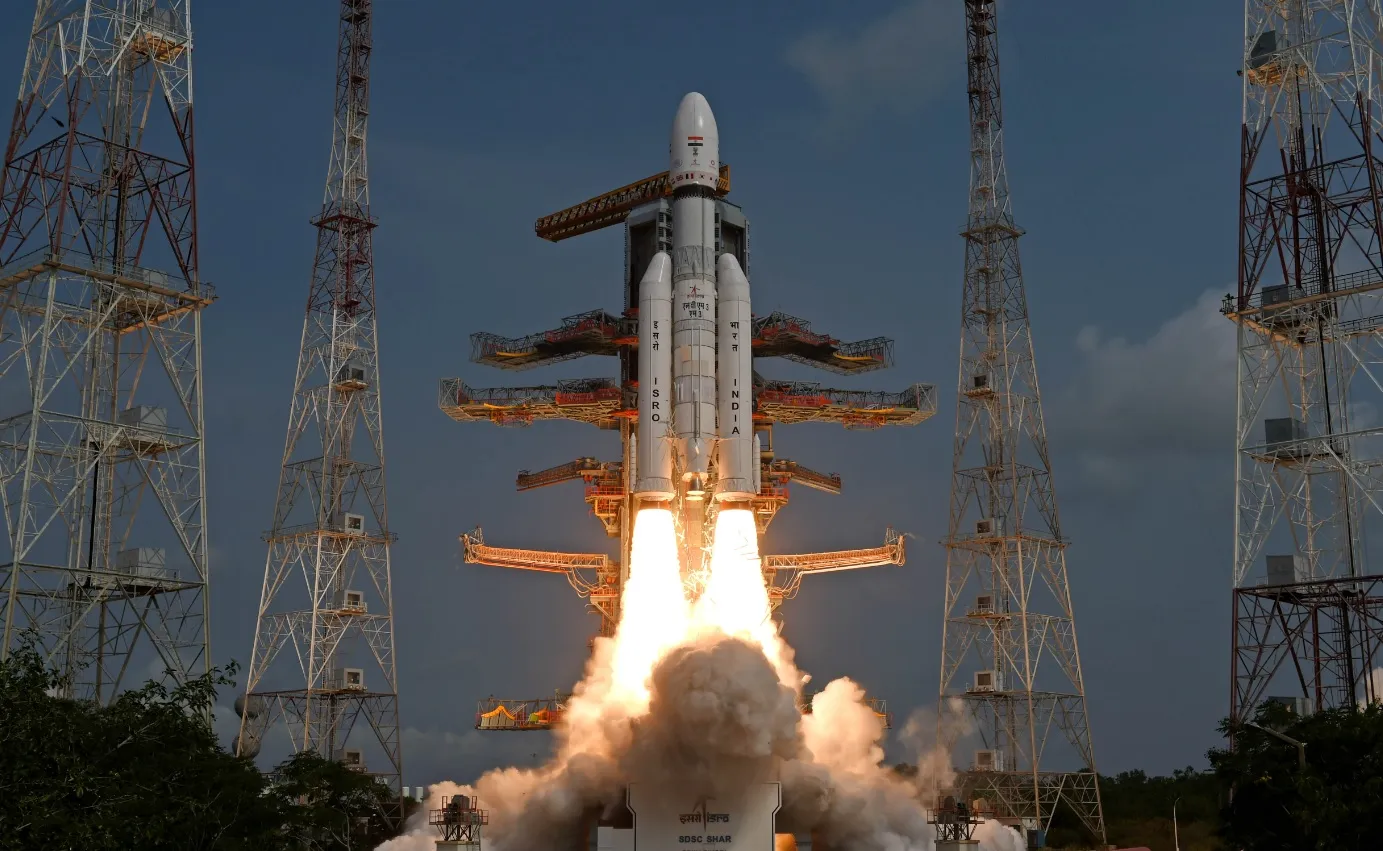- OneWeb expands its satellite constellation to offer global coverage
- It will offer connectivity to remote areas and beyond
- It faces stiff competition from SpaceX and Amazon in the Internet-from-space market
OneWeb, a British telecommunications company, has successfully deployed another 36 satellites, bringing its constellation to 618 internet satellites. This will allow it to offer global broadband coverage once they are fully operational, which is expected later this year.
OneWeb currently only offers very limited services in areas north of 50 degrees latitude. Once activated, OneWeb’s coverage will bring connectivity to towns, villages, schools and businesses in remote areas and beyond, helping to bridge the digital divide.
However, OneWeb faces fierce competition from SpaceX’s Starlink and Amazon’s Project Kuiper, which are developing their own satellite constellations to offer Internet services from space.
According to the journal Nature, astronomers are increasingly concerned about the impact these satellite constellations could have on their deep space observations. Sunlight reflecting off the shiny surfaces of the satellites can interfere with your observations and affect data quality. This has led some astronomers to question whether the increase in the number of satellites in orbit is sustainable in the long term.
Disadvantages with internet satellites
Competition among Internet service providers from space is intensifying as more companies join the race. While OneWeb is expanding its satellite constellation and plans to offer global broadband coverage in the coming months, it is already facing fierce competition from other tech giants such as SpaceX and Amazon.
The massive deployment of satellites into space has the potential to transform global connectivity and make the vision of a more connected world a reality, especially for those who live in remote areas and do not have access to reliable connectivity. However, it also raises challenges and concerns, such as the impact on astronomers, who are increasingly concerned that the increasing number of satellites in space may interfere with their observations of the universe.


Satellites reflect sunlight and create bright streaks in the sky, which can make it difficult to see stars and planets. Additionally, satellites can affect scientific research, as they can introduce noise into measurements and disturb observing instruments.
It is important that companies that launch satellites take steps to minimize their impact on astronomy and other areas of scientific research. For example, they can reduce the glare from satellites by using darker materials or less reflective solar panels. They can also implement better coordination with the astronomical community to avoid launching satellites during critical observing times.
In short, although the race for space is transforming global connectivity, it is also important to consider its impacts on other fields and take measures to mitigate them.

